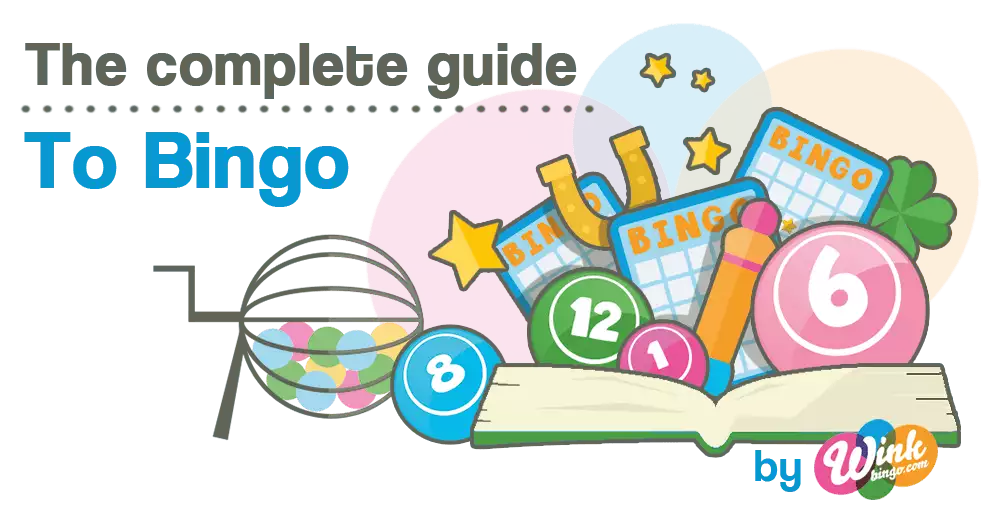Chapter Eight: Playing Land-Based & Online Bingo

ingo's Social Status
In this chapter we will cover:
- Bingo as a social driver
- Why bingo is a social game
- How modern online bingo is social
In its earliest form, bingo was based on lottery games and the fundamental aspect of a lottery is the unity it promotes. Each player's contribution directly influences the prize pool so people quickly learn that the more everyone works together, the more there is on offer for the eventual winner. Bingo operates on the same principle, but that is not the only reason it is a social game.
Bingo as a Social Driver
This underlying aspect of community contribution and communal effort was the reason bingo was used for charity drives around the world. After the game found its way to the United States and became commercialised by the carnival owner and entrepreneur Edwin S. Lowe, bingo's charitable links increased markedly.
Following an approach by a Catholic priest from Pennsylvania in 1930, Lowe's game was used to raise funds for the church. These events grew in popularity and became common across the United States and then the United Kingdom but since the 1990s, church-based bingo games have declined and been replaced by bingo halls.
Bingo halls in the UK first came to prominence in the 1960s because of the gambling act reform. This gave people another place to play and contributed to bingo's status as a social driver. With people now able to converge on a single place and enjoy a relaxed gambling game, bingo halls became local meeting places. At one point there were more than 200 bingo halls in the UK and they were often in the epicentre of a community.
Although the location for local bingo games has gradually shifted, the social ethos has not been lost. In fact, even as online bingo has become a major industry, its status as a social, charitable driver has been maintained.
Why is Bingo a Social Game?
As already stated, bingo is a social game through its historical roots and its status as a social driver but there is one more reason why it can be classed as a social game: its internal dynamics.
Unlike traditional casino games such as blackjack or roulette, bingo is not viewed as a strict gambling endeavour. Because of the way it is played, where it is played and how people interact during a game, bingo is often categorised as entertainment rather than gambling.
Here are the key factors that make bingo a social game:
Price: Compared to other gambling activities, bingo is seen as an affordable, low cost option. In addition to the price of a game ticket being less than the cost of a cinema ticket in most cases, each game of bingo has a set entry fee.
During a game of blackjack a player can place a single bet if wished, but the action will be over in a second. Because of this a blackjack player will need to place lots of bets and that can increase the cost dramatically. In contrast, a game of bingo has a fixed price and the action lasts for much longer. This makes it a lot less expensive and, therefore, more accessible.
Location: Bingo halls are communal spaces where people sit together in rows or around tables. This encourages a much more social atmosphere, much like an informal meeting hall. Similarly, online bingo sites contain a number of features which promote interaction at every turn.
In contrast, a casino (land-based or online) can be a daunting place for a novice. Games are often silent and serious and there is much more focus on making money, rather than the jovial atmosphere often at play in a bingo setting.
Set-up: Because bingo halls and websites are designed to be meeting places, conversations between players is encouraged. Although talking during a game is not allowed (unless playing online), the practice does take place before and after games.
How Online Bingo Became Social
To maintain bingo's status as a social game, online operators have found ways to encourage their customers to interact with each other and this happens in three main ways:
Bingo Chat Rooms
In line with land-based bingo's interactive ethos, major online bingo sites have incorporated chat boxes into all of their games. Although some games are more conducive to conversing with peers (chatting during speed games can be tricky, see our full guide about bingo lingo), the main benefit of having this functionality is that players can feel more engaged with the game. Whether that includes getting tips on how to make more money, congratulating friends or even playing side games, chat boxes help create a much more engaging atmosphere.
Bingo Forums
To complement the in-game chat, bingo sites often host forums. These platforms can be accessed from the site's homepage and allow members to interact and forge virtual friendships away from the gaming floor.
Overseeing the chat activity on every bingo site is a network of moderators who ensure the atmosphere is friendly and welcoming at all times. All players are encouraged to conduct themselves in an appropriate manner, regardless of whether they win or lose.
Social Bingo
In recent years, bingo sites have embraced the social gaming world and all the major operators now offer a range of apps and social media add-ons. Through a series of quick links, players can now connect with the site (and other players) via networks such as Facebook and even post their results at the touch of a button.
Additionally, players can now enjoy themed bingo games which provide a chance to play for free and win points.
Overall, bingo was built on social principles and these are still evident today. Through a combination of charitable donations, community links and affordable gaming, bingo is more weighted towards entertainment than pure gambling.








